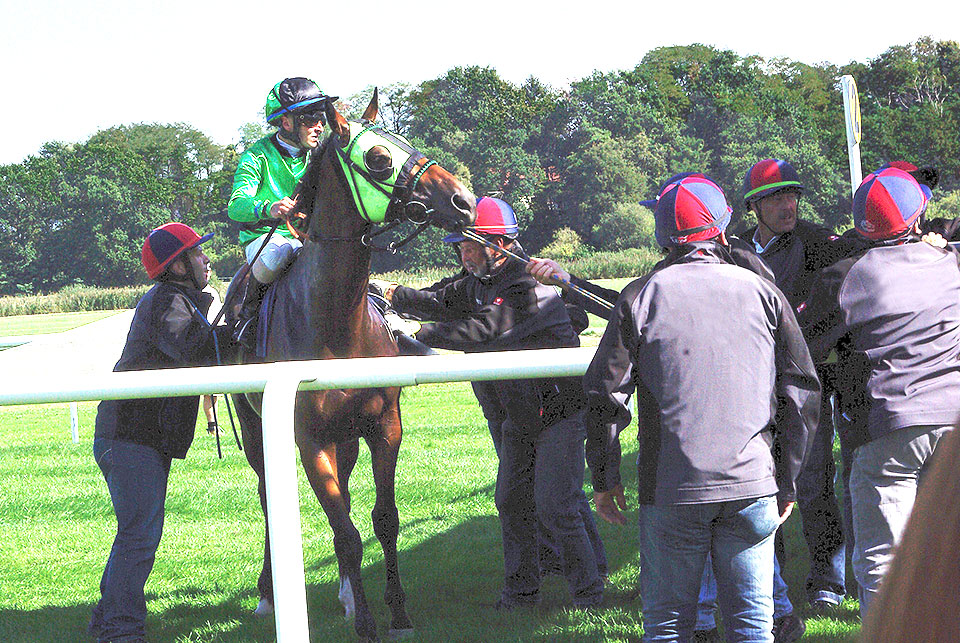Equine Cultures in Transition Conference, Stockholm 2016
Posted on November 29th, 2016
I have attended the Conference “Equine Cultures in Transition – Human-horse relationships in theory and practice: changing concepts of interaction and ethics”, in Stockholm, 27-29 October 2016. The conference had been organised by the Centre for Studies in Practical Knowledge, and was held at the Royal Swedish Academy of Agriculture and Forestry. Although it was not framed as such, this conference did make a valuable contribution to the range of questions that need to be addressed to advance the transition to a truly sustainable future, where sustainability extends to human-animal relationships. Viewed with that perspective in mind, the conference also demonstrated the seminal role of the social sciences and the humanities in advancing the sustainability transition.
This conference overall presented a rather holistic approach to human-animal relationships. Although the ongoing use of horses for human purposes was still in the foreground and approved, there was a lot of soul searching and questioning of our relationship with horses. The majority of the 60+ presenters were riders (leisure and competition riders), and therapists using horses. There apparently were also some who opposed riding horses (although I have not met one as far as I am aware). One of the therapists had decided to sell her therapy horses as her doubts about this practice had increased during the course of doing her PhD on this topic. (I would like to think she wished she could have been able to retire them at her place.)
I was most intrigued by individuals experimenting with more open, free-form human-horse relationships, where the aim is to facilitate the horse taking a leadership role in horse-human interactions, including in the practice of horse riding.
In my talk, I presented preliminary results of the interview study of my project. I focused on the mental models of thoroughbred welfare held by industry participants and those held by representatives of animal protection organisations who engage with thoroughbred welfare in racing. I compared the mental models of welfare of these two groups and related them to conceptions of sustainability.
During the wrap-up of the conference, Lynda Birke (Universities of Chester and Glyndwr, UK) summarised the emerging themes as follows:
- A desire for the horse’s voice to be heard with implications for methodological and ethical issues, and with an acknowledgment of the need for mixed-method approaches.
- A search for ethical frameworks for our interaction with horses.
- Accountability: The desire to make research matter, and being accountable to the subjects of the research – in terms of what is the impact on the horses, and humans, involved.
There was plenty of enthusiasm to continue with this conference stream under the same title, with the word going around that the next one might be held at Leeds, UK, in 2018.
Last edited 13.11.2018

